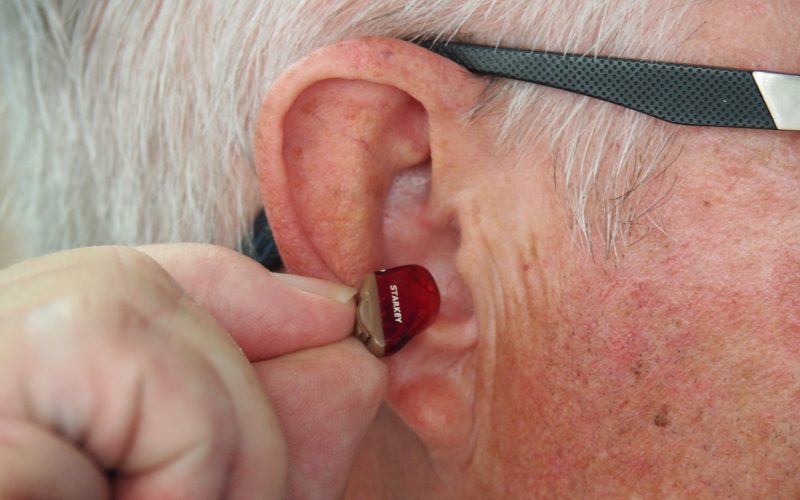Hearing aids have come a long way since their invention over a century ago. With technological advancements, hearing aids have evolved to become smaller, more discreet, and more powerful, changing the way people with hearing loss experience the world around them. While hearing aids may not cure hearing loss, they have a significant impact on the quality of life for those who use them.
For many individuals with hearing loss, the use of hearing aids has provided them with the ability to connect with others and communicate effectively. This technology has empowered users to participate fully in social activities, enjoy hobbies and entertainment, and even pursue their professional goals.
One of the most significant benefits of modern hearing aids is their ability to adapt to a wide range of environments. With advanced noise reduction technology, modern hearing aids can distinguish between speech and background noise, enabling users to focus on the conversation at hand. They can also adjust to different sound frequencies and volumes, ensuring that users can hear clearly and comfortably in any setting.
For children with hearing loss, hearing aids play a crucial role in their development and education. With the use of hearing aids, children can develop language and communication skills, participate in group activities, and excel in academic settings. This technology has allowed children with hearing loss to thrive in school and prepare for future success.
Moreover, hearing aids have played a vital role in breaking down barriers for individuals with hearing loss. With the development of wireless connectivity, hearing aids can now connect to smartphones and other devices, enabling users to stream audio directly to their hearing aids. This has eliminated the need for additional equipment and made communication and entertainment more accessible to those with hearing loss.
In addition to enhancing the quality of life for users, hearing aids have also had a positive impact on their loved ones. By improving communication and reducing misunderstandings, hearing aids have improved relationships and increased social support for those with hearing loss. Family members and friends can also benefit from learning about hearing loss and the use of hearing aids, promoting greater understanding and empathy.
Looking ahead, the future of hearing aids is promising. Emerging technologies, such as artificial intelligence and machine learning, are being integrated into hearing aids to improve their functionality and provide users with more personalized experiences. New forms of hearing aids, such as those implanted directly into the ear canal, are also on the horizon.
In conclusion, hearing aids have played a critical role in enhancing the quality of life for individuals with hearing loss. They have empowered users to participate more fully in social activities, excel in academic and professional settings, and enjoy hobbies and entertainment. With the continued advancements in technology, the future of hearing aids looks bright, providing hope and possibilities for those with hearing loss and their loved ones.












